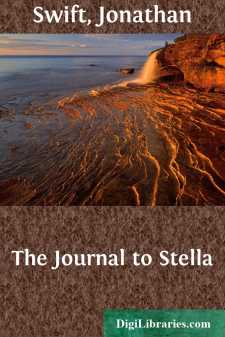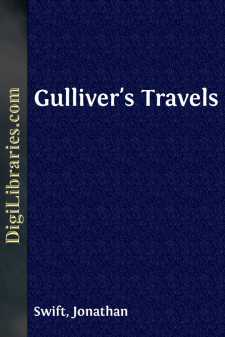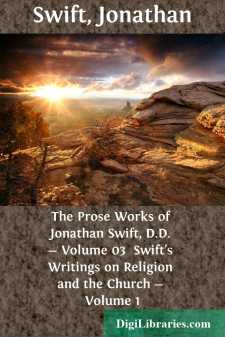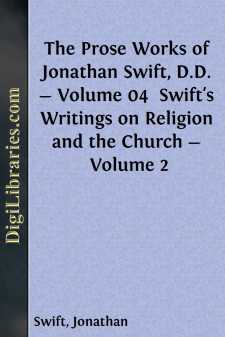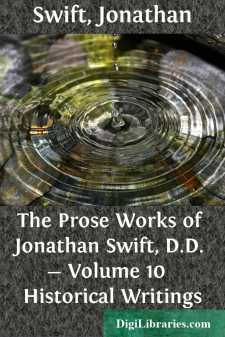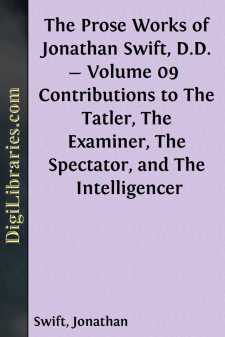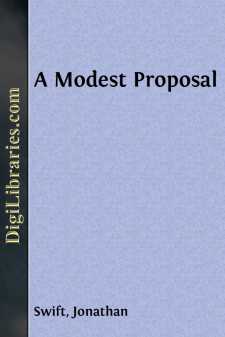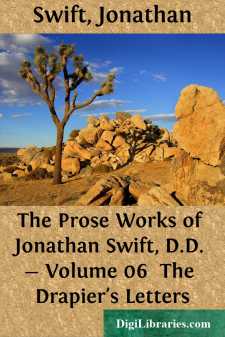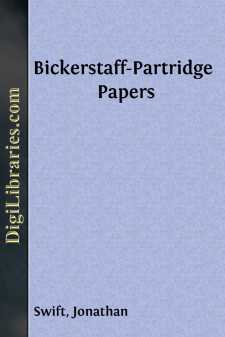Categories
- Antiques & Collectibles 13
- Architecture 36
- Art 48
- Bibles 22
- Biography & Autobiography 813
- Body, Mind & Spirit 142
- Business & Economics 28
- Children's Books 14
- Children's Fiction 11
- Computers 4
- Cooking 94
- Crafts & Hobbies 4
- Drama 346
- Education 46
- Family & Relationships 57
- Fiction 11828
- Games 19
- Gardening 17
- Health & Fitness 34
- History 1377
- House & Home 1
- Humor 147
- Juvenile Fiction 1873
- Juvenile Nonfiction 202
- Language Arts & Disciplines 88
- Law 16
- Literary Collections 686
- Literary Criticism 179
- Mathematics 13
- Medical 41
- Music 40
- Nature 179
- Non-Classifiable 1768
- Performing Arts 7
- Periodicals 1453
- Philosophy 64
- Photography 2
- Poetry 896
- Political Science 203
- Psychology 42
- Reference 154
- Religion 513
- Science 126
- Self-Help 84
- Social Science 81
- Sports & Recreation 34
- Study Aids 3
- Technology & Engineering 59
- Transportation 23
- Travel 463
- True Crime 29
The Journal to Stella
by: Jonathan Swift
Categories:
Description:
Excerpt
PREFACE
The history of the publication of the Journal to Stella is somewhat curious. On Swift's death twenty-five of the letters, forming the closing portion of the series, fell into the hands of Dr. Lyon, a clergyman who had been in charge of Swift for some years. The letters passed to a man named Wilkes, who sold them for publication. They accordingly appeared in 1766 in the tenth volume of Dr. Hawkesworth's quarto edition of Swift's works; but the editor made many changes in the text, including a suppression of most of the "little language." The publishers, however, fortunately for us, were public-spirited enough to give the manuscripts (with one exception) to the British Museum, where, after many years, they were examined by John Forster, who printed in his unfinished "Life of Swift" numerous passages from the originals, showing the manner in which the text had been tampered with by Hawkesworth. Swift himself, too, in his later years, obliterated many words and sentences in the letters, and Forster was able to restore not a few of these omissions. His zeal, however, sometimes led him to make guesses at words which are quite undecipherable. Besides Forster's work, I have had the benefit of the careful collation made by Mr. Ryland for his edition of 1897. Where these authorities differ I have usually found myself in agreement with Mr. Ryland, but I have felt justified in accepting some of Forster's readings which were rejected by him as uncertain; and the examination of the manuscripts has enabled me to make some additions and corrections of my own. Swift's writing is extremely small, and abounds in abbreviations. The difficulty of arriving at the true reading is therefore considerable, apart from the erasures.
The remainder of the Journal, consisting of the first forty letters, was published in 1768 by Deane Swift, Dr. Swift's second cousin. These letters had been given to Mrs. Whiteway in 1788, and by her to her son-in-law, Deane Swift. The originals have been lost, with the exception of the first, which, by some accident, is in the British Museum; but it is evident that Deane Swift took even greater liberties with the text than Hawkesworth. He substituted for "Ppt" the word "Stella," a name which Swift seems not to have used until some years later; he adopted the name "Presto" for Swift, and in other ways tried to give a greater literary finish to the letters. The whole of the correspondence was first brought together, under the title of the "Journal to Stella", in Sheridan's edition of 1784.
Previous editions of the Journal have been but slightly annotated. Swift's letters abound with allusions to people of all classes with whom he came in contact in London, and to others known to Esther Johnson in Ireland; and a large proportion of these persons have been passed over in discreet silence by Sir Walter Scott and others. The task of the annotator has, of course, been made easier of late years by the publication of contemporary journals and letters, and of useful works of reference dealing with Parliament, the Army, the Church, the Civil Service, and the like, besides the invaluable Dictionary of National Biography....


